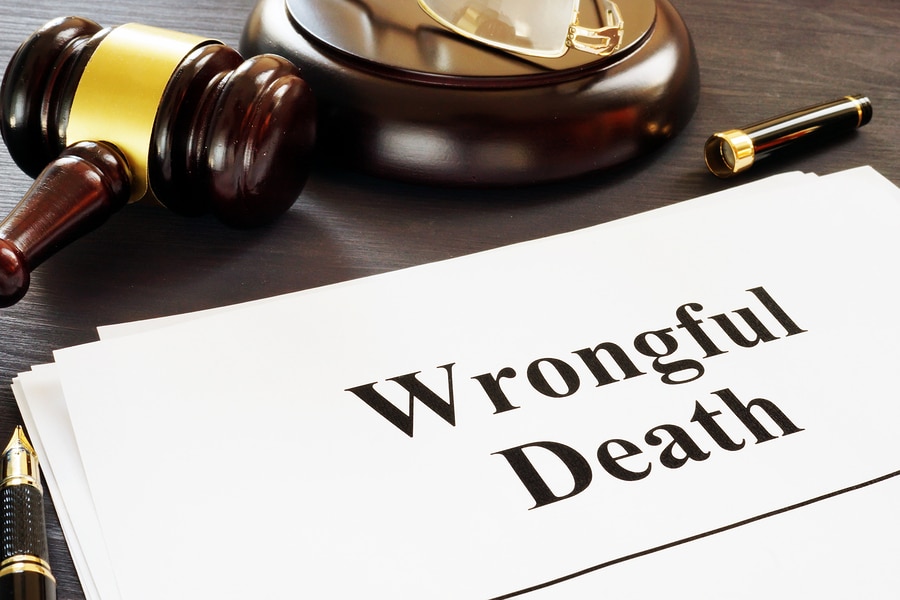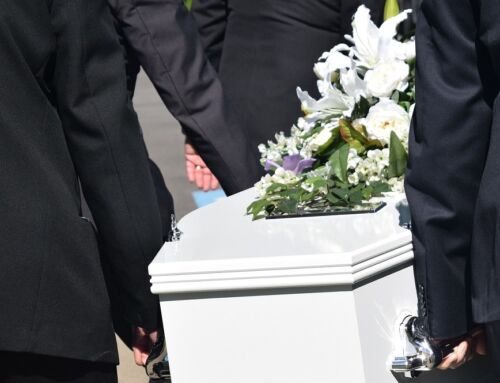Work and death are two topics of conversation that most people try to avoid, but a recent ruling by the Court of Appeals of Indiana may make folks think more carefully about their employment status moving forward. The case of Family Christian World, Inc. d/b/a Family Christian Center, Steve Munsey v. Olds, 100 N.E.3d 277 (Ind. App. 2018), involves a college student named Nikki Olds who worked part-time as a babysitter for the church she attended while also studying full time at Valparaiso University. In May of 2015, Nikki was babysitting the granddaughter of Steven Munsey, one of the Senior Pastors at Family Christian Center, a church in Munster, Indiana. Nikki was babysitting the child at Munsey’s home in Schererville when she was discovered unresponsive in the pool. Her mother brought a wrongful death action against both the church and the Munsey’s (the Defendants) alleging that they were liable for Nikki’s death.
In response to the lawsuit, the Defendants filed a motion to dismiss by alleging that as an employee of the church, Nikki’s mother could only bring a claim against them under the Worker’s Compensation Act (“the Act”). This is important because when an employee in Indiana dies from a work-related illness or injury, the Act dictates specific maximum award amounts as well as specific time frames in which a claim under the Act may be filed.
The Supreme Court of Indiana laid out ten specific factors that courts should use to determine whether a person is an employee or an independent contractor of a business in a case called Moberly v. Day, 757 N.E.2d 1007 1010-11 (Ind. 2001). These factors include whether the business had control over the details of the person’s work and the extent of that control, the kind of occupation in question, the length of the person’s employment, how the person was paid for their work, the belief of the parties as to the person’s employment, as well as numerous others. In applying these factors to the case at hand, the Court in Family Christian World found that the majority of the Moberly factors weighed in favor of Nikki being an independent contractor and thus not subject to the statutory maximum award amounts and time constraints laid out in the Indiana Worker’s Compensation Act. Specifically, the Court stated that because Nikki did not work exclusively for the Munseys, worked irregular hours and had discretion whether to accept a babysitting job, was paid by the job, and the fact that she filled out a Form W-9 instead of a Form W-4 and that there was no withholding was sufficient proof to establish that her claim fell outside the bounds of the Indiana Worker’s Compensation Act.
If you have suffered an injury at your workplace or want to discuss your rights under your current employment status, the knowledgeable lawyers at the Law Offices of William W. Hurst, LLC, are more than happy to discuss your situation and make sure that you are adequately compensated by your employer, whether you are an employee or an independent contractor. Feel free to call us toll-free at 1-317-636-0808 or visit us online.





